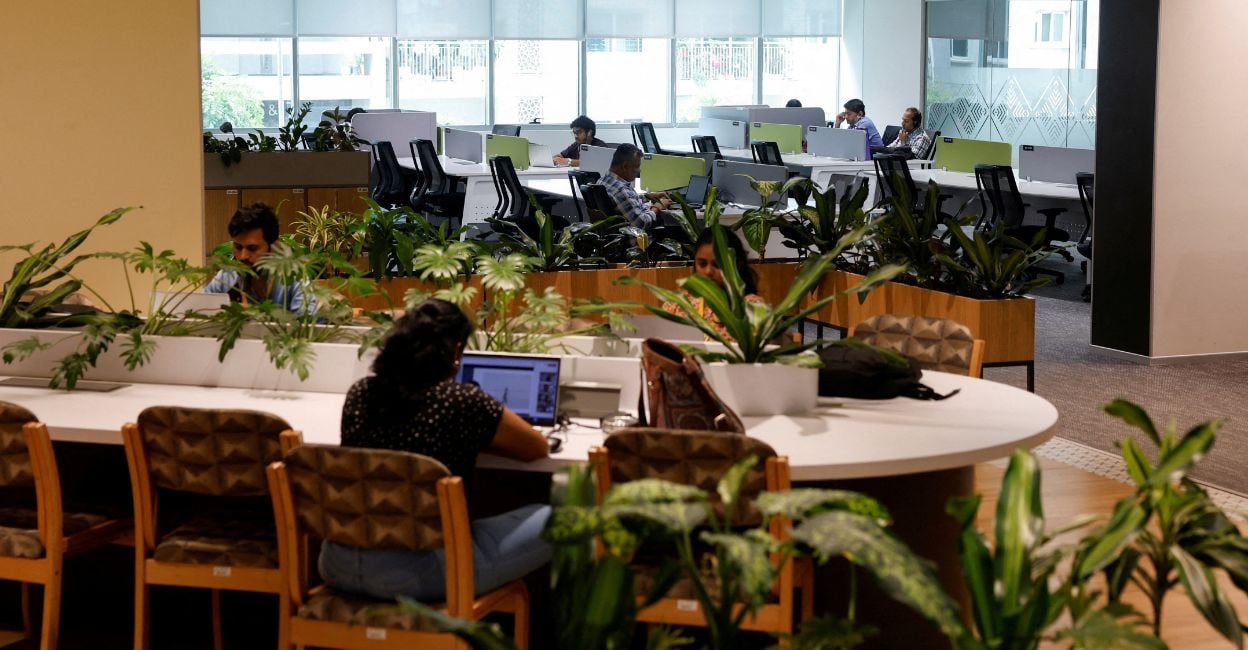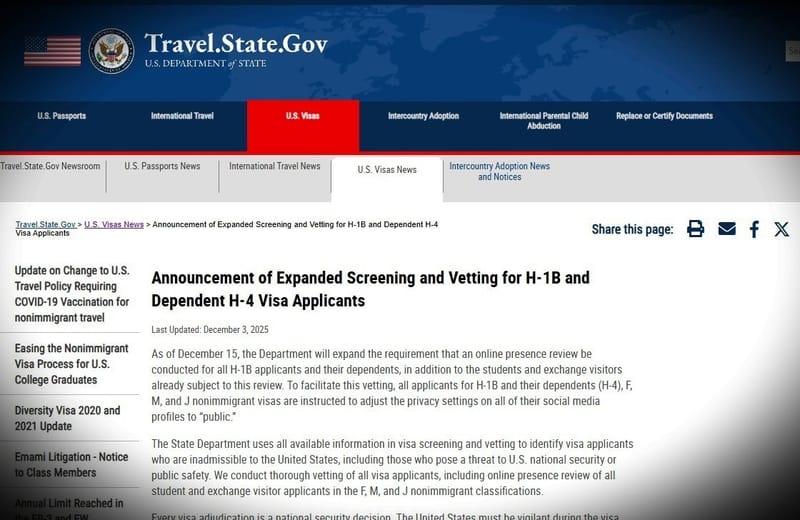Trump's H-1B Fee Hike Fuels Multinational Expansion in India's Global Capability Centers
The significant H-1B fee hike is fundamentally reshaping global talent strategies, positioning India as a critical hub for skilled professionals and altering traditional career pathways for international tech talent.
Subscribe to our newsletter and stay informed about latest H1B news, policy updates and and other developments.
Article Summary
Trump's proposed H-1B visa fee increase to $100,000 is accelerating multinational corporations' expansion of Global Capability Centers (GCCs) in India. This shift has led to a 5-7% increase in GCC hiring in India, with a focus on advanced roles like AI, data, and cybersecurity. India is emerging as a reliable and cost-effective alternative for skilled talent, projected to host over 2,200 GCCs by 2030.
Original Article: onmanorama.com
[ Sentiment: neutral | Tone: factual ]
This summary and analysis were generated by TheNewsPublisher's editorial AI. This content is for informational purposes only; it does not constitute legal or immigration advice.
[ Sentiment: neutral | Tone: factual ]
This summary and analysis were generated by TheNewsPublisher's editorial AI. This content is for informational purposes only; it does not constitute legal or immigration advice.
TNP AI: Key Insights
This news signals a significant strategic pivot for multinational corporations, shifting skilled roles away from the US due to rising H-1B costs. For H-1B hopefuls, this translates to potentially fewer US-based opportunities and a growing emphasis on high-skill roles within global hubs like India.
The proposed H-1B fee hike to $100,000 represents a drastic increase from previous costs ($2,000-$5,000), building on a trend of increased regulatory burden and expense for the H-1B program under the Trump administration. This policy has historically pushed companies to seek more cost-effective talent solutions elsewhere.
While the article highlights India's role, this trend aligns with broader global talent shifts where countries like Canada and the UK have actively attracted skilled workers with streamlined visa processes. The US policy risks making it less attractive for international talent compared to these more welcoming destinations.
For US employers, particularly in tech, this could intensify domestic talent shortages and increase operational costs, potentially hindering innovation. Conversely, for skilled professionals in India, it creates a robust local market for advanced tech and financial roles, altering traditional career paths that once centered on relocation to the US.
This accelerated growth of Global Capability Centers suggests a lasting shift towards a more distributed global workforce model. It may prompt renewed debate on US immigration policies to ensure competitiveness or solidify India's long-term position as a premier hub for high-skill talent and innovation.





